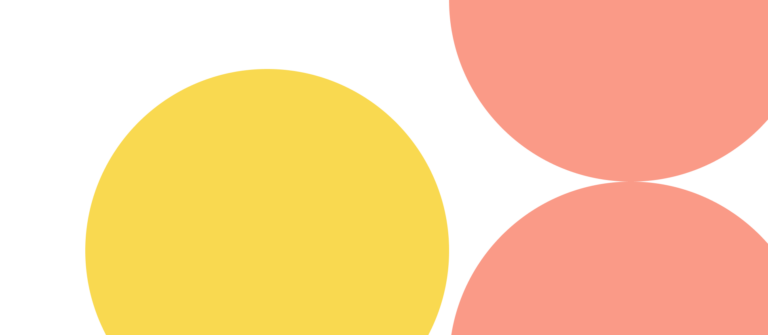Copyright and Licensing – Part 4
This is the fourth post in a series, by our Editor-in-Chief Tom Olijhoek, which focusses on the details of copyright and licensing, how they are applied to works and which options and best practices DOAJ recommends. You can read all 4 installments in this series here. We also have a help page dedicated to Copyright…



